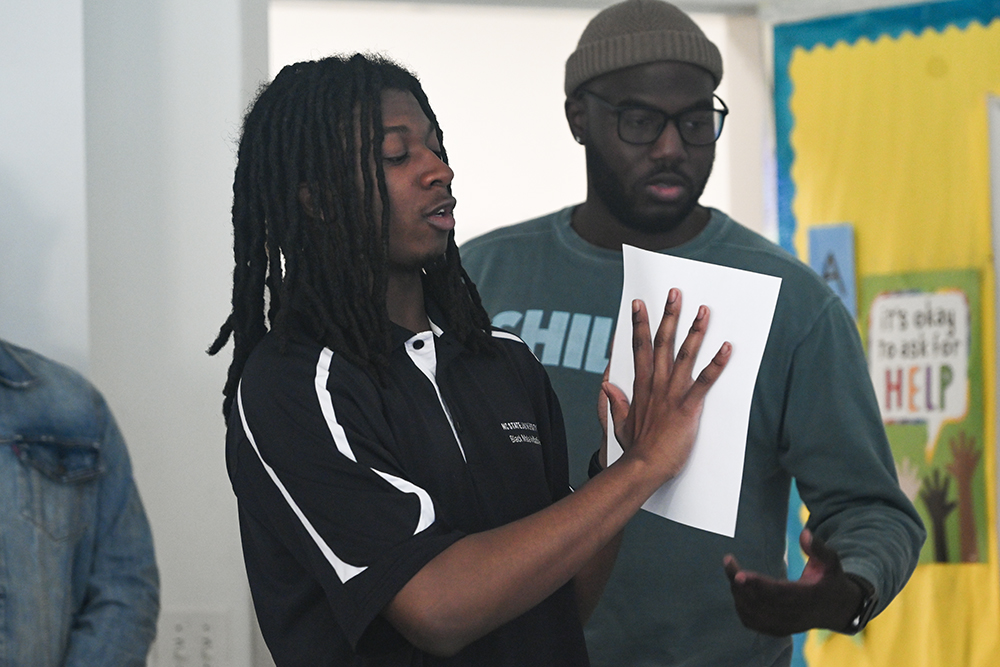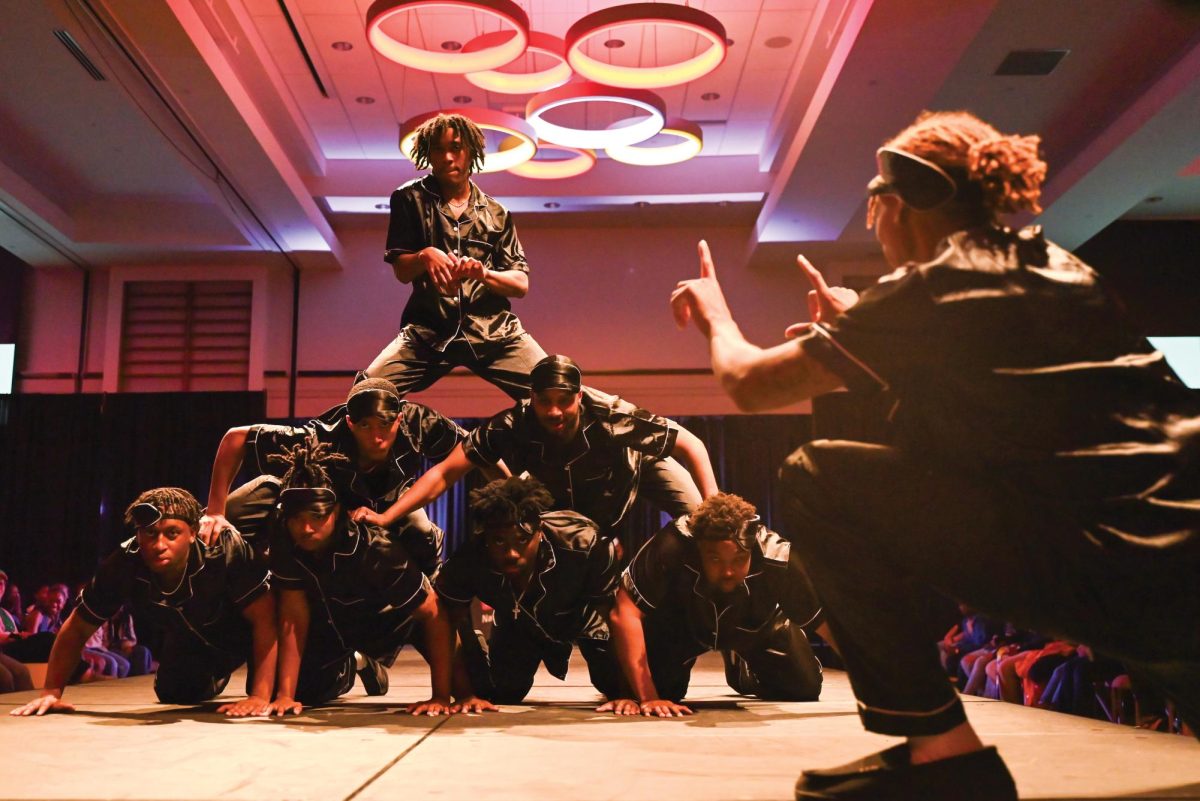What shapes our identity? The answer is often not surmisable in one word. Identity is deeply rooted in one’s environment, family and culture. It is defined by our interests and experiences. I find music to be an all encompassing representation of that. In honor of Latine Heritage Month, let’s take the time to celebrate two titans of Latin music.
The King of Latin Jazz
Born and raised in Harlem by Puerto Rican immigrants, Tito Puente was destined to be a drummer. Growing up in New York City, Puente’s music taste was heavily shaped by Cuban and Puerto Rican music, as well as the jazz big band era with his idol Gene Krupa.
In his early twenties, Puente became the drummer for the Machito Orchestra, led by Machito, the forefather of Afro-Cuban music and a key figure in laying the foundations of Latin jazz. Tito remained in the band until he was drafted into the Navy during World War II.
Upon Tito’s return to the United States, he founded his own band in 1948. The band would go on to bring mambo to the mainstream and even the big screen, appearing in the movie, Mambo Kings, with Tito playing himself.
Tito’s performance style is described as playful and lively, with him often seen playing timbales – shallow single-headed drums originating from Cuba. In most videos you’ll see him singing with his band, even taking dance breaks mid performance to appreciate the music.
Tito Puente’s last performance was in his ancestral home of Puerto Rico, after which he died from a heart attack at the age of 77.
Posthumously, Puente received the Grammy Lifetime Achievement Award for his contributions to Latin music. In 2011, Puente was also recognized in the Latin Music Legends Forever Stamps: a collection of stamps released by the United States Post Office commemorating music legends of Latin heritage.
The Queen of Salsa
Originally from Havana, Cuba, Celia Cruz grew up knowing she wanted to make a career out of singing.
In her mid-twenties, Cruz joined La Sonora Matancera, a Cuban band that specialized in Latin American Urban popular music. Due to the political state of Cuba at the time, Celia Cruz and many of the band members emigrated to the U.S. in 1961.
Once settled in New Jersey, Cruz took the Latin music scene by storm, bringing Salsa music to the forefront of popular music. She quickly became an icon, representing Afro-Latinas and making space for herself in a field dominated by men.
Cruz gained popularity around the same time as Puente, and the pair collaborated on multiple occasions including reunion concerts and Mambo Kings.
As a singer, Celia used her rich and powerful voice to create distinct and iconic music. On stage, she had an air of confidence and joy accompanied by vibrant outfits and phenomenal dancing.
Cruz’s love for music resonated with people, cementing her as a cornerstone of Latin music.
In 2003, at the age of 77, Cruz unfortunately passed away due to complications following a brain tumor surgery. Posthumously, Cruz was also awarded the Grammy Lifetime Achievement Award and is found alongside Puente in the Latin Music Forever Stamp Collection.
Last year, it was announced that Celia Cruz would be immortalized on the US quarter in honor of her upcoming 100th birthday – further cementing her status as a cultural icon among Americans and Latines.
Celia Cruz and Tito Puente represent just two of the many phenomenal artists that have shaped Latin music. Through vibrant performances rich with dancing and passion, their legacies forever remain cemented in the culture they represented with pride. From Alberto Cortez and Willie Colón, to Selena and Gloria Estefan. Latin music is rich with irresistible rhythms and immersive storytelling. In the spirit of celebrating Latine Heritage Month, I encourage you to take a listen.






